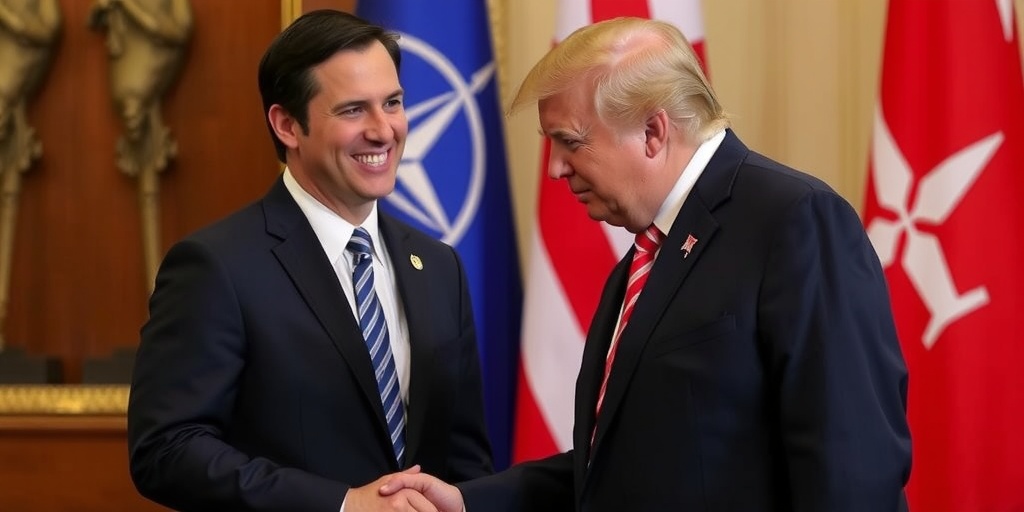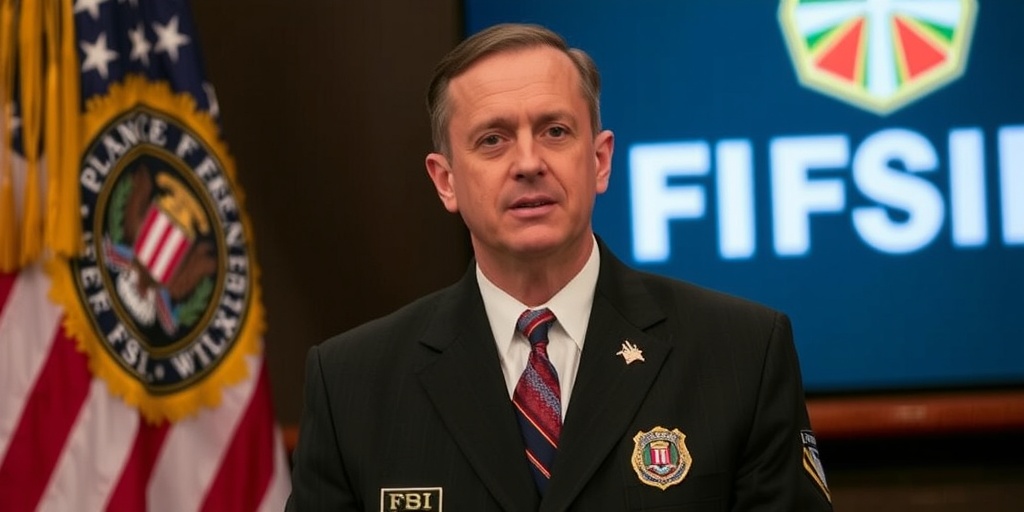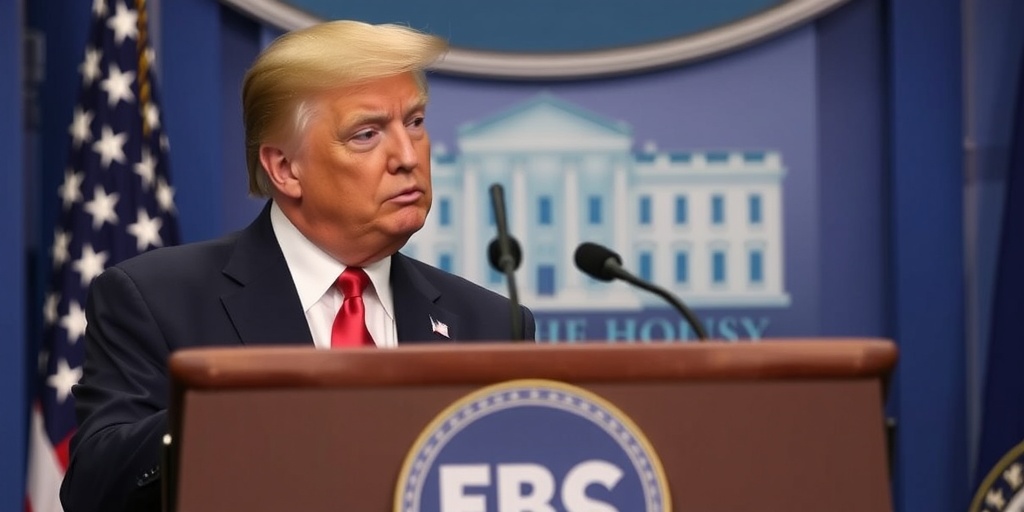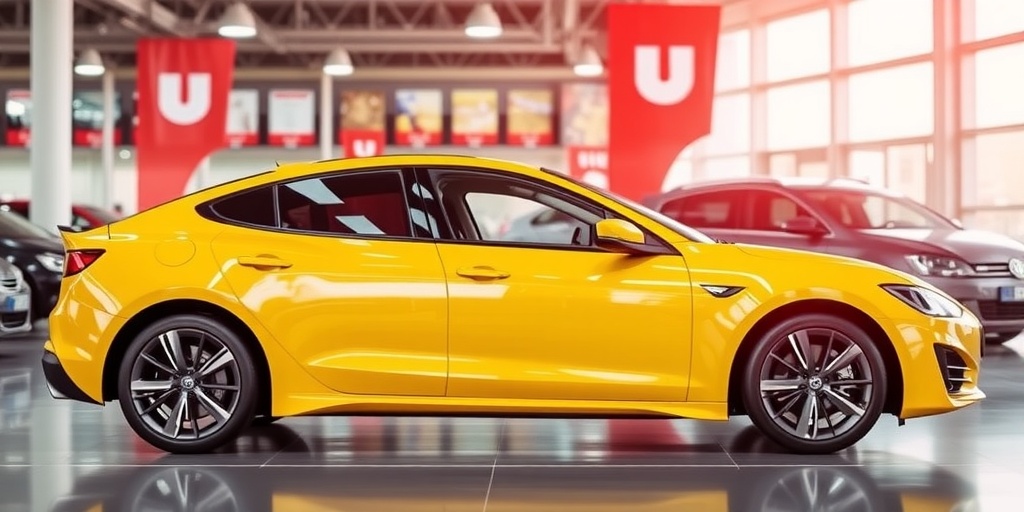Now Reading: Rubio Visits NATO as Europe Expresses Concerns Over Trump’s Agenda
-
01
Rubio Visits NATO as Europe Expresses Concerns Over Trump’s Agenda
Rubio Visits NATO as Europe Expresses Concerns Over Trump’s Agenda

Marco Rubio Represents Trump Administration at NATO Meeting Amid Tensions with Europe
On Thursday, Secretary of State Marco Rubio made a significant visit to Brussels to attend a gathering of NATO foreign ministers. This meeting comes at a time of heightened anxiety surrounding the Trump administration’s approach to transatlantic relations, particularly concerning the ongoing war in Ukraine, relations with Russia, and the contentious trade policies that have emerged from President Trump’s growing economic conflict with Europe.
Rubio’s trip to NATO headquarters marks the first visit by a senior official from the Trump administration to the alliance this year, reflecting a dramatic shift in U.S.-European relations. Under President Biden, the U.S. enjoyed a period of close cooperation with European nations. However, the current administration has fostered a climate of mistrust and disagreement, making Rubio’s role in Brussels all the more critical.
In the context of this diplomatic landscape, NATO officials may view Rubio’s arrival as an opportunity to engage with a member of Trump’s national security team who is perceived as particularly pro-alliance. As a senator representing Florida, Rubio demonstrated his commitment to NATO by cosponsoring legislation requiring that any president seek Senate approval before withdrawing from the alliance. This legislation is particularly pertinent given that former aides have revealed Trump’s private contemplation of such a withdrawal, a move that would disrupt the 32-nation military alliance aimed at countering Russian aggression.
Rubio’s meetings with foreign ministers are expected to be influenced by his efforts to reinterpret some of Trump’s more controversial ideas into pragmatic policies. Although some foreign officials recognize his ability to moderate Trump’s agenda, they remain skeptical about his influence, noting that Rubio does not have a close personal relationship with the president. Consequently, there are concerns among European leaders regarding the alignment of Rubio’s positions with Trump’s underlying views that often portray Europe as economically exploitative and culturally misaligned with American values.
The timing of Rubio’s visit is undoubtedly consequential, occurring just one day after Trump announced a steep 20 percent tariff on imports from the European Union. Trump’s remarks, stating that "they rip us off" and expressing dismay at the economic relationship between the U.S. and Europe, set a challenging backdrop for Rubio as he attempts to navigate the discussions in Brussels. His agenda will likely include advocating for a swift resolution to the war in Ukraine, a stance that has raised alarm among European leaders who predominantly support Ukraine’s sovereignty and fear that Trump’s policies could lead to unwarranted concessions to Russian President Vladimir Putin.
In these crucial discussions, NATO officials aim to get Trump’s administration to revive stalled efforts to broker peace between Ukraine and Russia, amid significant gaps that continue to separate the two nations. European ministers will press for assurance that the United States will not abandon Ukraine, emphasizing the importance of American commitment to the region.
Another key topic Rubio is expected to address is Trump’s demand for NATO countries to increase their defense spending to 5 percent of their Gross Domestic Product (GDP), an escalation from the previously agreed target of 2 percent that many European allies struggle to meet. This issue has been a sore point in transatlantic relations, with U.S. officials expressing concerns that NATO partners rely too heavily on American military support.
Recent comments made by top Trump administration officials have underscored these tensions. In a controversial discussion that accidentally included a journalist, Vice President JD Vance expressed frustration about America’s ongoing military commitments in Europe, suggesting that the U.S. finds itself consistently "bailing out" its allies. Defense Secretary Pete Hegseth echoed these sentiments, describing European reliance on American defense as "PATHETIC."
Compounding the strain in U.S.-European relations is Trump’s provocative ambition to acquire Greenland, an autonomous territory of Denmark, which has left Danish officials bewildered. Despite Trump’s implied willingness to consider force as an option, White House representatives, including Vance, clarified that military action is not currently under consideration. The presence of Denmark’s foreign minister at the NATO gathering raises the possibility of discussions regarding Greenland, although Danish officials maintain that any negotiations must involve the island’s right to self-determination.
Rubio will be joined in Brussels by the new U.S. ambassador to NATO, Matthew G. Whitaker, whose recent Senate confirmation followed a narrow vote in favor of his appointment. Whitaker, who served briefly as acting attorney general during Trump’s first term, lacks prior foreign policy experience, leaving NATO officials uncertain about his capacity to navigate the complex geopolitical landscape.
As NATO grapples with these pressing issues, all eyes will be on Rubio and his efforts to balance Trump’s priorities with the pressing concerns of European allies. The outcome of these discussions could have significant implications for U.S.-European relations and the future of the NATO alliance.
Stay Informed With the Latest & Most Important News
Previous Post
Next Post
-
 01New technology breakthrough has everyone talking right now
01New technology breakthrough has everyone talking right now -
 02Unbelievable life hack everyone needs to try today
02Unbelievable life hack everyone needs to try today -
 03Fascinating discovery found buried deep beneath the ocean
03Fascinating discovery found buried deep beneath the ocean -
 04Man invents genius device that solves everyday problems
04Man invents genius device that solves everyday problems -
 05Shocking discovery that changes what we know forever
05Shocking discovery that changes what we know forever -
 06Internet goes wild over celebrity’s unexpected fashion choice
06Internet goes wild over celebrity’s unexpected fashion choice -
 07Rare animal sighting stuns scientists and wildlife lovers
07Rare animal sighting stuns scientists and wildlife lovers





















